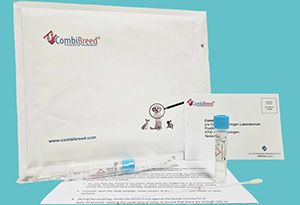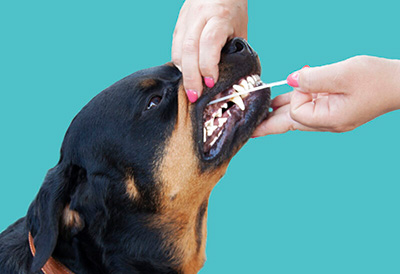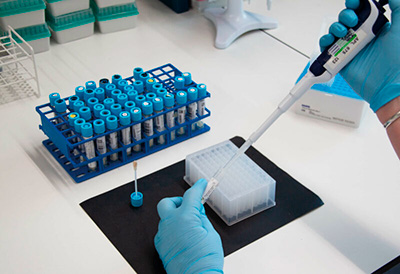Deficit di piruvato chinasi (PKDef) – Gatto
Il deficit eritrocitario di piruvato chinasi (deficit di PK) è un’anemia emolitica ereditaria. È causata da un’attività insufficiente di un enzima regolatore e provoca instabilità e perdita di globuli rossi.




